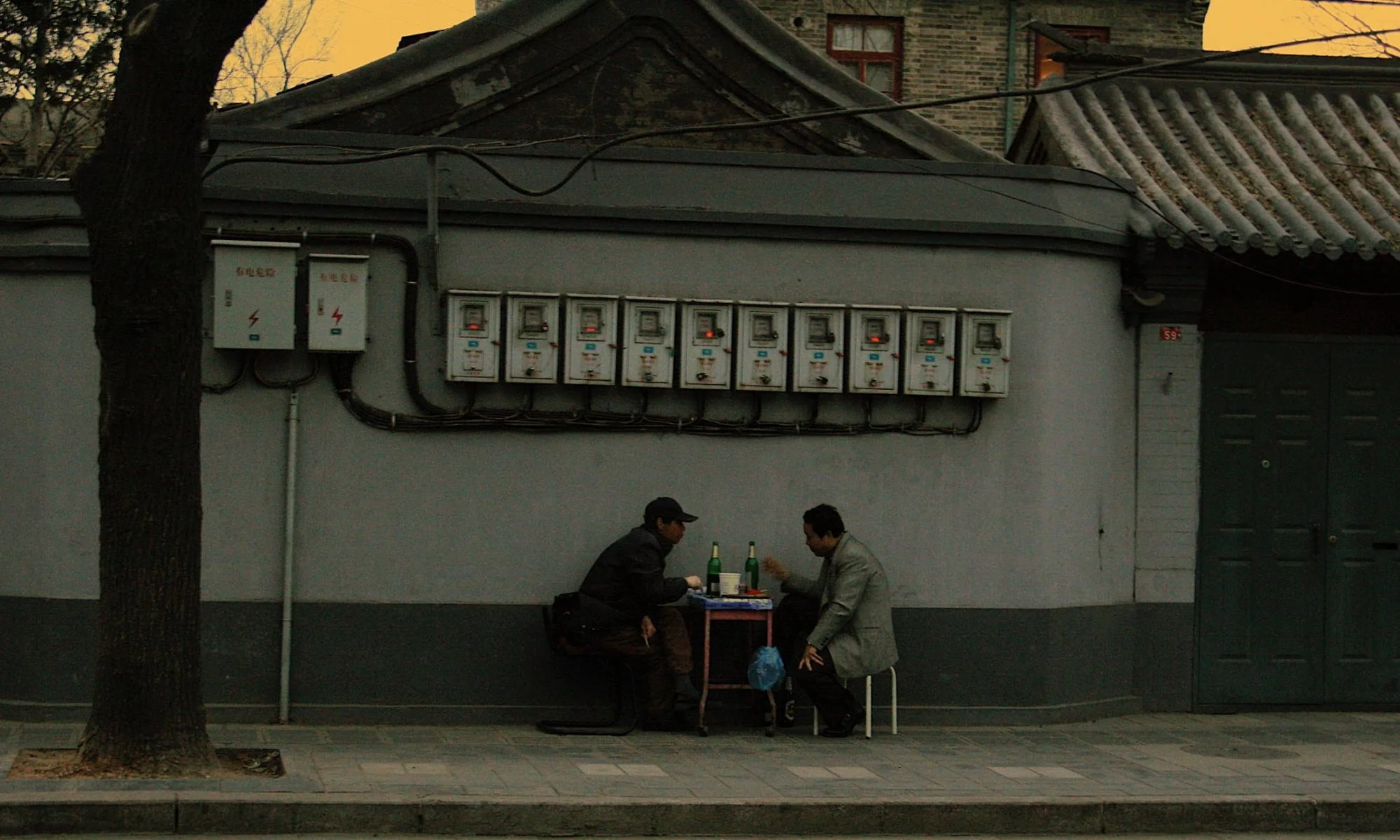I did a plagiarism case before the Board of Examiners last year, and looked up the cases then. My colleague Patrick Over also reviewed them for his prosecution on behalf of the Legal Services Commissioner of the plagiarist solicitor in Legal Services Commissioner v WJK [2010] VCAT 108, and cleverly found a case from the old Solicitors’ Board which my researches did not pick up. Senior Member Howell (who was the Solicitors’ Board, back in the day) helpfully digested the authorities (there is also, of course, Re OG [2007] VSC 520, noted by me here):
‘Counsel for the Commissioner referred to the case of Michael Henry Pickering, a decision of the Solicitors’ Board, No. 746 of 1991, given on 6 February 1992. Dr. Pickering was found guilty of three charges of misconduct in a professional capacity. Misconduct in a professional capacity in Dr. Pickering’s case, and professional misconduct being misconduct at common law in the present case, are defined in identical terms and therefore relate to misconduct of the same kind.
33 Dr. Pickering published three articles, hence three charges. The first charge related to a paper prepared by Dr. Pickering entitled The Modern Relevance of Environmental Risk. Dr. Pickering spoke to the paper at a seminar, and distributed copies of the paper to those who attended the seminar. The Solicitors’ Board found that at least 90% of the paper had been copied, with minor alterations, from a two-part article entitled Insurance of Environmental Risks written by Mr. R.S. Ashton and published in the Insurance Law Journal Volume 4, Numbers 5 & 6. Dr. Pickering did not attribute any part of his paper to Mr. Ashton.
34 The second charge related to a paper prepared by Dr. Pickering entitled
Implications and ramifications of ISR wording variations and some side- effects of the Newcastle Earthquake – an overview. Dr. Pickering presented the paper at a seminar organised by the Australian Insurance Institute, and it was published in the Australian Insurance Institute Journal in October 1990. The paper included a section containing five paragraphs headed Insuring Against Earthquakes. The Solicitors’ Board found that the five paragraphs, with minor amendments, were copied from an article entitled Earthquakes in Australia: Before Newcastle written by Mr. J.L. Irish and published in the Australian Insurance Institute Journal in February/March 1990. Dr. Pickering did not attribute any part of his paper to Mr. Irish. The Board accepted that the words copied by Dr. Pickering “formed a relatively small part of his whole paper”.
35 The third charge related to an article prepared by Dr. Pickering entitled He who pays the piper, which was published in the Law Institute Journal in January/February 1991. The article was almost identical to an article with the same title written by Professor Roger Fisher, published in the Harvard Business Review, 64:2 March/April 1985. Dr. Pickering did not attribute any part of the article that he submitted to the Law Institute Journal to Professor Fisher. The Board found that “Dr. Pickering attempted to “pass off” Professor Fisher’s article as his own work”.
36 The Solicitors’ Board cancelled Dr. Pickering’s practising certificate from 27 February 1992 until 31 December 1992, a period of 10 months. The submission made on behalf of the Legal Services Commissioner that [the solicitor’s] practising certificate should be cancelled for 12 months was based to a significant degree upon the order made in Dr. Pickering’s case.
37 The Solicitors’ Board in Dr. Pickering’s case said @ 14 that “Upon analysis, the copying of articles written by another without acknowledgement of that other’s authorship is, in the ultimate, directed either to self aggrandisement or to the enlargement of the professional practice of the author by the holding out of learning and competence.” Counsel for the Commissioner contended that [the solicitor], in submitting his research paper to the University of Melbourne sought to obtain a degree of Master of Health and Medical Law and thus promote himself as having expertise and knowledge in a field of legal practice. Counsel further contended that publication of the paper as an article in the Journal of Law and Medicine enhanced [the solicitor’s] professional reputation.
38 Counsel for the Commissioner referred to two decisions of the Queensland Court of Appeal. In Re: AJG [2004] QCA 88 an applicant for admission as a solicitor of the Supreme Court disclosed a finding of academic misconduct. The finding was made because the applicant copied the work of another student when engaged in the Practical Legal Training course at Griffith University. The Court of Appeal was not satisfied as to the applicant’s fitness for admission. After saying that “Legal practitioners must exhibit a degree of integrity which engenders in the Court and in clients unquestioning confidence in the completely honest discharge of their professional commitments”, it adjourned the application for six months.
39 In Re: Liveri [2006] QCA 152 an applicant for admission as a solicitor had been found guilty of three counts of academic misconduct committed when studying for a degree in Law and Commerce at James Cook University. The findings arose out of assignments submitted in three subjects. In one assignment, she copied with minor adjustments an article from the internet, without attribution. In a second assignment, she quoted substantial commentary by Professor Sykes, without attribution. In a third assignment she quoted verbatim from a government publication, without attribution. The Court of Appeal found that the applicant lacked insight into the gravity of her conduct, and lacked fitness for admission. It adjourned the application to a date to be fixed, not within six months.’

